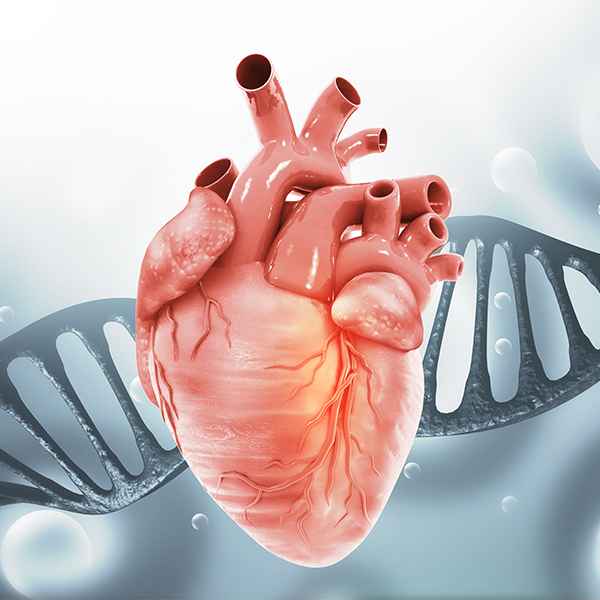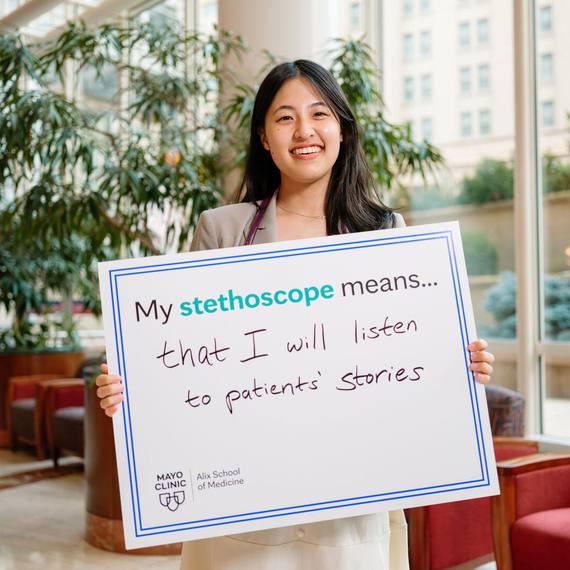-
Arizona
Mayo Clinic Neurologists Present Research at American Academy of Neurology Annual Meeting
SAN DIEGO — Mayo Clinic neurology experts will present research findings on Parkinson's disease, Alzheimer's disease, sleep disorders, concussions, multiple sclerosis and more at the American Academy of Neurology annual meeting in San Diego, March 16–23. They also are available to offer expert comment on other research findings.
EMBARGOED: Mayo Clinic studies have varying embargo times; please see below for specific times.
MULTIMEDIA ALERT: For audio and video of Mayo Clinic researchers talking about their research, visit the Mayo Clinic News Network. Follow the American Academy of Neurology meeting on Twitter using the hashtag #AANAM.
Mayo studies being presented and their embargo times include:
Cognitively normal people with high amyloid levels likelier to develop dementia — EMBARGOED until Monday, March 18, 2013, 1:30 p.m. EDT
People who aren't showing signs of cognitive decline but have evidence of amyloid in their brains, showed a greater rate of shrinkage of their hippocampus — the part of the brain involved with memory function — later on than cognitively normal people without amyloid in the brain.
Researchers evaluated people without cognitive decline, but who showed evidence on brain imaging of amyloid deposits in their brain. They measured the size of their hippocampus over time (it tends to shrink very early in the progression of Alzheimer's disease). They concluded that when amyloid is deposited in the brain, damage to the hippocampus is very likely to occur down the road.
Researchers develop test to gauge severity of concussions — EMBARGOED until Monday, March 18, 5 p.m. EDT
Neurologists at Mayo Clinic in Arizona have used autonomic reflex testing to find physical signs a concussion has occurred, a step toward creating a diagnostic test to gauge the severity of concussions.
In the study of 21 patients, each patient displayed the same abnormality, viewed as a sign a concussion has occurred. The hope is that, with more testing, what happens with this abnormality over time will prove a reliable physical sign of recovery.
Right now, physicians rely on a patient reporting when symptoms have subsided to determine stages of recovery. Doctors know from functional imaging studies that there is a lag between when the person reports that their symptoms have resolved and the time they are actually healed.
Heart attack victims who get therapeutic hypothermia unlikely to have cognitive impairment — EMBARGOED until Tuesday, March 19, 4:45 p.m. EDT
The majority of heart attack victims who receive therapeutic hypothermia after entering a coma don't suffer cognitive decline and are able to return to everyday tasks such as going to work, according to Mayo Clinic researchers.
Most studies of comatose survivors of cardiac arrest focus on mortality or functional outcome based on physical limitations. This study looked at the long-term cognitive abilities of patients surviving out-of-hospital cardiac arrest who were treated with therapeutic hypothermia.
Head trauma, pesticide use and lack of coffee linked to Parkinson's in men — EMBARGOED until Tuesday, March 19, 5 p.m. EDT
Men who have had head trauma, used pesticides and don't drink coffee are more likely to be associated with Parkinson's disease. When those characteristics were coupled with immunologic diseases such as multiple sclerosis and lupus and when coupled with a family history of dementia, men were even likelier to have Parkinson's. By contrast, anemia was the most important factor in women developing Parkinson's.







